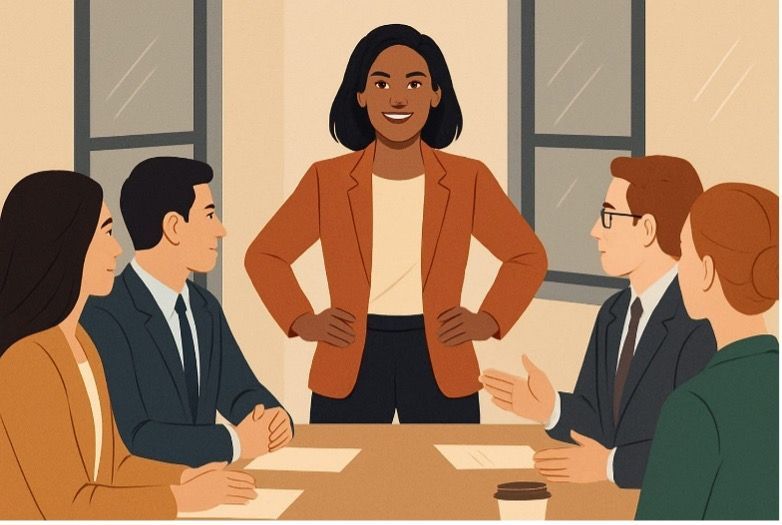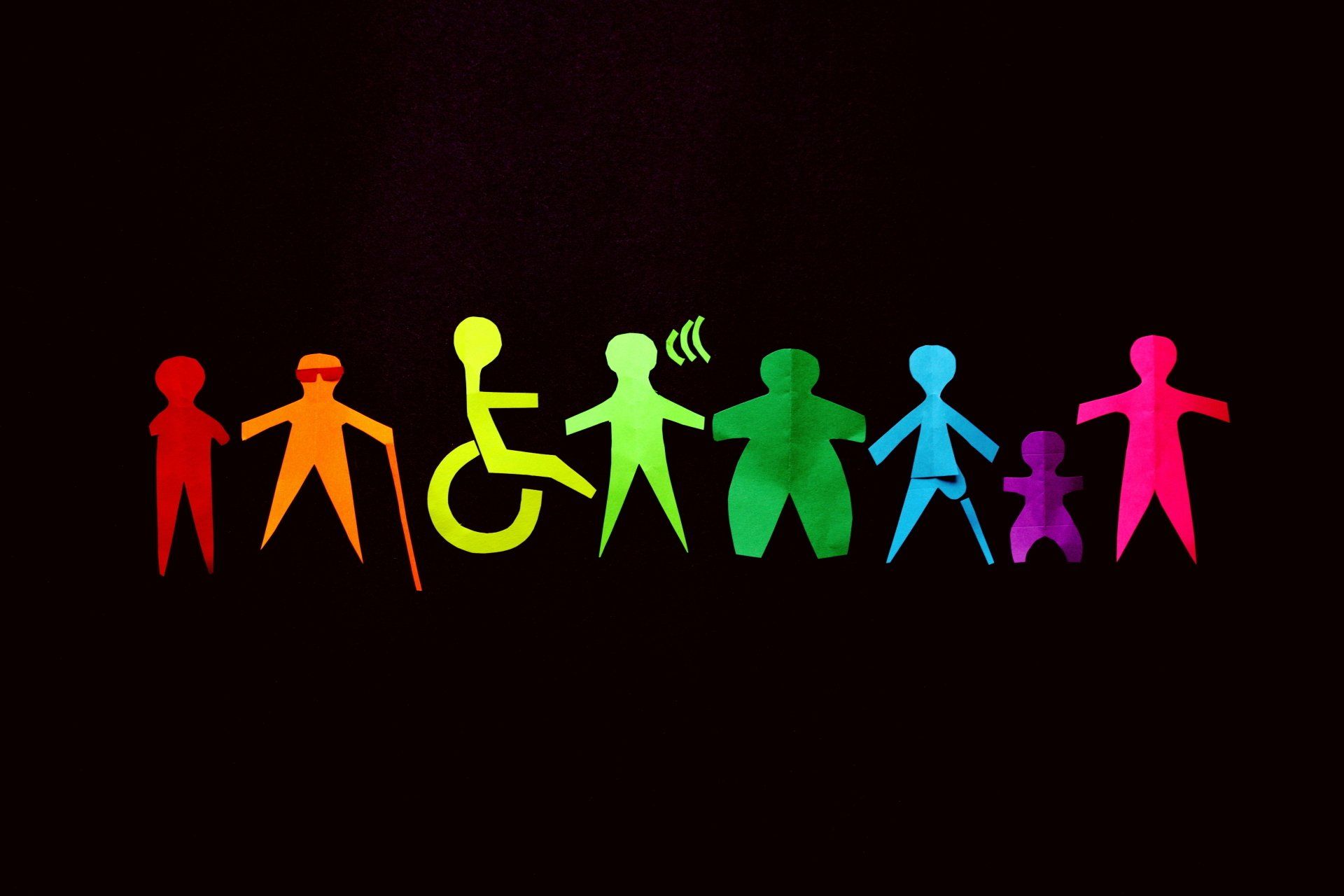Innovative Teaching and Learning Practices
When teachers have a solid grasp of their students’ emotional status and learning style, they are better able to understand their successes and failures. These insights lead to more creative teaching and the incorporation of the use of multiple modalities in their lessons. When educators are familiar with the cultural background of all learners in their classroom, they are better able to include literature and educational activities to reflect these differences.
Students are more successful when they are actively engaged in the learning process. This begins by asking open-ended critical-thinking questions during discussions. When teaching virtually, the use of visual aids such as pictures, videos, and PowerPoint presentations ensures all learning styles are considered. At different points within a lesson, checking for understanding provides the teacher with evidence that the students are learning. It also is an effective way to guide instruction, increase the learner’s engagement with the material, and vary content.
How students learn is shaped by group participation, individual responsiveness, and the teacher’s ability to check for understanding through oral and written communication. Other Instructional activities analyze oral and silent reading and listening comprehension along with the student’s ability to visually attend. These best practices can help enhance the learning process.
Research suggests traditional learning practices continue to be effective. These practices include lectures, daily and weekly check-in with students, homework, hand raising, answering textbook questions, and pre-and post-testing. Currently, non-traditional learning theories are also becoming more dominant in the classroom. These include Critical Race Theory, Critical Pedagogy, Critical Multicultural Education, Funds of Knowledge, Critical Cultural Capital, Non-Biased education.
Adequate nutrition impacts student learning and memory retention. In impoverished districts can be of pressing concern for administrators and teachers, who must explore ways to respectfully offer free lunch, and sometimes breakfast, to students. Based on our professional experiences and observations, it appears that although there is less racism, problems related to gender, and social class continue to jeopardize students' learning and their overall well-being.
Factors contributing to successful learning such as class size affect the student-teacher ratio and therefore impact a teacher’s ability to provide individualized instruction to students. To reduce student disengagement, choice is a crucial part of teaching and learning. This is important at all grade levels and particularly important for students learning a second language or neurodiverse learners.
There are programs that provide students with diverse ways to engage in learning activities. These include cooperative learning, peer-to-peer editing, critical group analysis, readers workshop, Mathnasium, and behavioral and emotional counseling. Differentiation of instruction supports students who may otherwise struggle in the classroom. Using any of these models provides students with opportunities to gain from the experiences of their peers and teachers.
Research has found that successful learners are open to learning. Our memory is linked to what and how teachers present information. This includes time of day, teaching methodology, learning reinforces, and types of drill and practice that follow initial instruction.
If we want teaching and learning to be most effective, it is crucial that curriculums represent diverse learners and are culturally appropriate. This means incorporating visual, oral, and sensory learning techniques to enhance understanding. Everyone has a different learning style; we believe in multi-dimensional learning techniques. We understand how people learn new and innovative ideas varies and can create teaching challenges. Yet, best practices for motivating learners vary depending on the individual and their unique needs and learning style.
Consequently, when teachers use creative strategies and culturally responsive methodologies, there is an increase in student motivation and success. Individual or group interactions tend to increase buy-in versus the use of a lecture format. Therefore, the key to successful teaching and learning should combine innovative learning strategies with highly motivating and rewarding practices. This technique is a winning combination.










